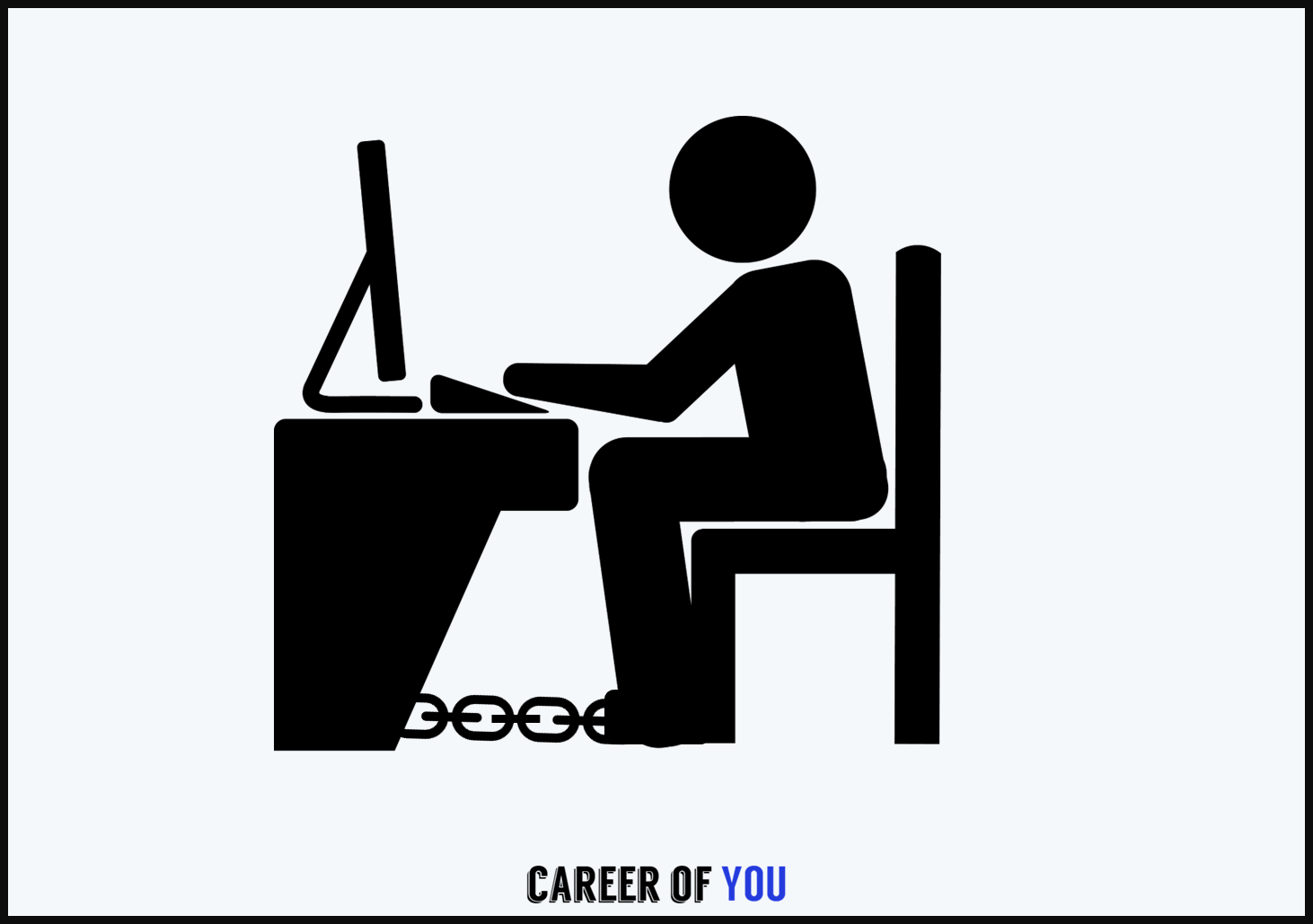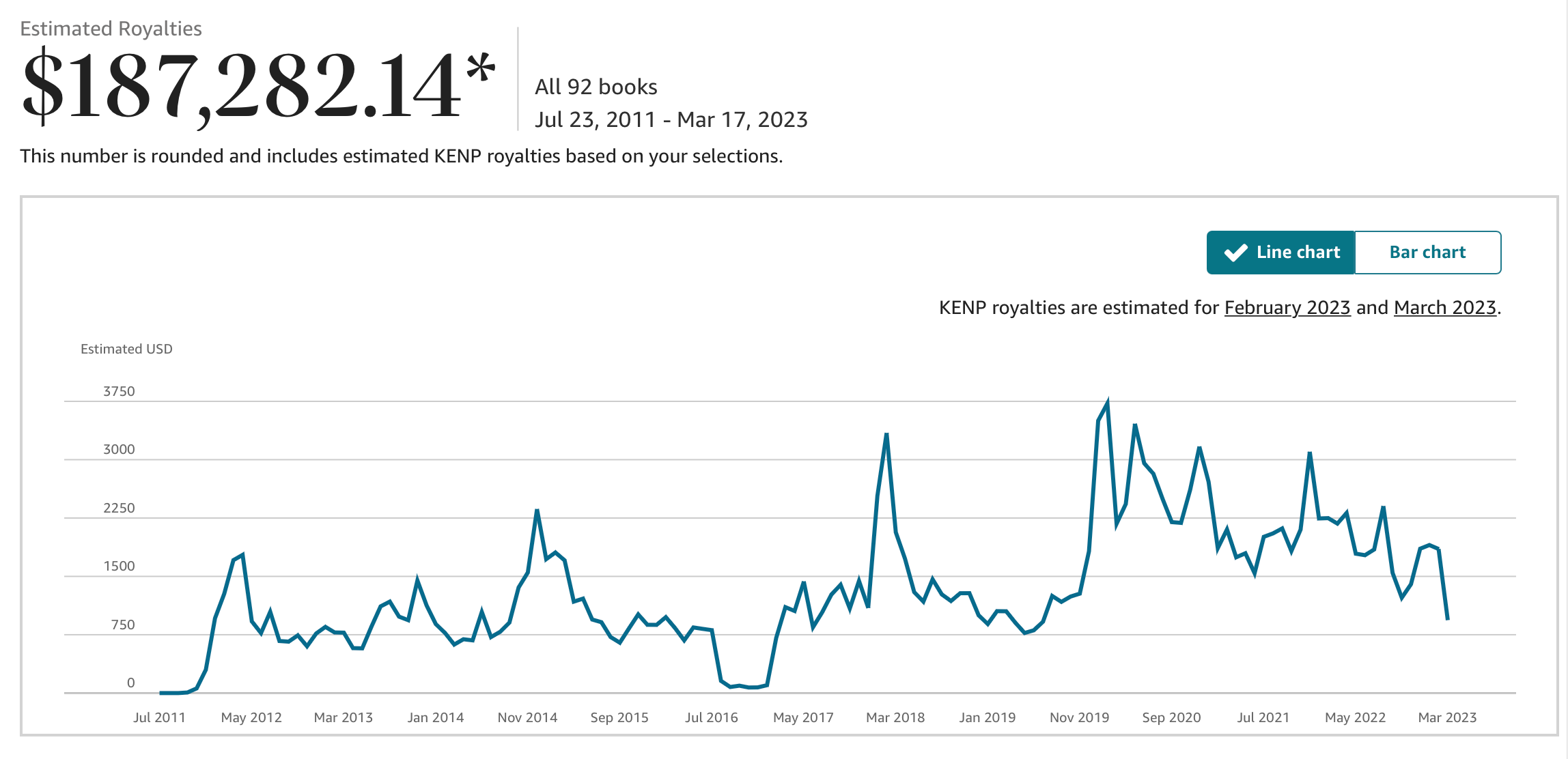So, your boss is a workaholic and expects you to emulate them?
Whether that means working ridiculous hours, inhaling lunch at your desk, or regularly sacrificing your weekends; reporting to a person like this can be taxing on both your career and home life. Not to mention the negative impact on your time to write articles.
In a previous job, I worked for a boss who was high performing, held me to high standards, but worked ridiculous hours.
The job was an amazing opportunity to build my career capital and progress, but the work was very reactive — I’d often be given new work at 5 pm with a need to turn it around by first thing the next day. I could feel I was burning out.
To manage, I would get up early to do 3 hours of work before the 9 am bell, then try to squeeze in a couple of extra hours after work. I gave up exercise to make more time for work. I gave up hobbies, things that bring me joy and escape during a busy workweek. I would snap at my wife and flake on my friends.
After a few months of this, I realized I needed a plan if I was going to survive.
If you’re feeling pressured to skip your lunch break, answer emails at midnight, and take stacks of work home with you, then I can relate. Below are the steps I took to manage the situation — they worked for me and, if you’re reading this, I hope they can help you too.
Consider the Trade-Offs and the Time Limits
When I realized I was burning out, the first thing I did was take stock of the situation.
I applied to the job for a reason — I was passionate about the role and wanted the learning opportunity the job would provide me. I knew that a few years in the role would significantly build my career capital and lead to new opportunities. But the role was obviously impacting my personal life negatively, so I was having to trade off my work-life balance for a high-potential gig.
The thing is — working for a workaholic can be a good thing. It can push you to pick up new skills, give you the opportunity to tackle high-profile projects, and put you in the spotlight for promotions.
But the sustained pressure and long hours that come with that are only worth it for a period of time. If your hours don’t reduce or the role doesn’t offer new learning opportunities, then you know it’s time to move on.

If you find yourself in a similar situation — set aside time to take stock of the role every six months. Are you still learning? Are you still earning enough money? How’s your work-life balance?
Setting some criteria and a time limit for how long it’s worth working for a workaholic will help you feel more in control of the situation, reduce feelings of resentment, and help you determine when it’s time to leave.
Consider Your Boss’s Perspective
Try to put yourself in your boss’s shoes. Try to understand what the causes might be behind their last-minute demands and high work volume. When I did this, I realized that they were also feeling under pressure from their boss, and wanted to be able to demonstrate delivery against high priority objectives.
Try to see things from their perspective.
When you are sympathetic to other demands your boss might be facing and understand their pressures, you build immense goodwill.
Find Shared Goals
By seeing things from their perspective, you will likely identify mutual goals. You both work for the same organization, so ultimately are striving to achieve the same objectives.
One thing that significantly helped me reset my relationship with my boss was understanding what their priorities were, and how these could help achieve the organization’s aims. From there, it was easy to identify what areas of work I should be prioritizing, and how to align the team behind them.
Managing up is about building a relationship with your boss where the two of you are partners in problem-solving, and then creating a clear and mutual path towards achieving a solution — a set of shared goals.
Find a Way to Manage Unplanned But ‘urgent’ Work
One of the most frustrating things about working for this boss was the level of unplanned, urgent work that would come in — causing me to have to cancel meetings I had planned to attend, or delay other longer-term projects to deal with something seemingly ‘urgent’.
To resolve this, I established a set of ground rules with my boss — any new task was ranked against a set of metrics, evaluating the benefits of responding to the work v the costs of disrupting planned work. This helped establish that oftentimes, seemingly urgent work was only urgent because it was coming from the company’s leadership team who “felt” that it was urgent. These people of course had no knowledge or sight of the fact that their demands were delaying longer-term projects also important to them.
This helped my boss to better understand the impact of saying yes to work from above her, and ensured we collectively remained focused on tasks with the highest value contributions.
With that said, it’s not always easy to push back when a task comes from your managing director. Consequently, we also agreed that certain members of the team should keep time free each day to deal with last minute, reactive requests as they came in.
Set Soft and Hard Boundaries
On a personal level, I found that my boss was expecting me to be available 24/7 and had no problem asking me to work late or on weekends. Often this would happen on a Friday afternoon — but, to be fair, I was always told “I could choose to work on it on Saturday or Sunday”, which was nice considering I wasn’t paid to work weekends.
To reduce the level of stress this was causing me — I had to have a conversation with my boss. I made clear that while I was comfortable working long hours during the week when there was a genuine business need, weekends were for my family.
I agreed that while my working hours were 9–5 I was happy to flex to 8–6 to support the business.
What I didn’t communicate to my boss, was the contract I had agreed with myself. I kept mornings free and two nights a week to work late, to keep on top of all demands. I didn’t always use them but setting this expectation with myself meant I had some planned buffer time built in and ensured I didn’t make plans that I then had to cancel last minute.
Maintain Self-Care Cornerstone Habits
It’s also important to maintain healthy habits to help you achieve your professional goals while meeting your other life goals as well. This includes exercise, hobbies, and downtime. When I was younger, I used to sacrifice all of these things to get work done.
I now realize that there’s a point where if I give up too much — I become resentful of how much work is taking from me, and as a consequence, less productive. If I don’t go for a run a few times a week, I feel rotten. If I don’t write something each week, I feel like I’m letting myself down.
So while it’s uncomfortable, you have to set your cornerstone habits up and stick to them no matter what — these are non-negotiable. This isn’t about having 15 hobbies and being out with your friends every night. When work is intense, it makes sense to simplify your non-work commitments so you don’t feel more overwhelmed.
This is about identifying the activities each week that you must do to ensure you feel balanced, healthy, and productive.
Having time to yourself or time with your family is critical to helping you avoid burnout and is an essential part of your ability to sustain working for a workaholic.
Make Your Impact Obvious by Tracking Your Achievements
When it comes down to it, the hours you work don’t matter — despite how your boss might be acting. What matters is what you accomplish while you’re on the clock.
Once you’ve identified your shared goals and aligned yourself and your team behind them, it’s time to develop a set of metrics that demonstrate your progress toward those goals. I kept this very simple by producing a summary of the work myself and my team had achieved at the end of each week. This included both planned work, and reactive work we had picked up.
This helped in two ways — firstly, it helped me renegotiate timelines for planned work based on the volume of reactive work the team had picked up.
Secondly, it helped me stand up for myself when my boss expected me to work late or pick up some unplanned work over the weekend with no notice. It’s very hard for your boss to complain about your work ethic if you can demonstrate your workload, what you’ve achieved, and that you’re delivering results and fulfilling your obligations.
Know When to Bow Out
Working for a workaholic if you’re not one isn’t the end of the world. It can be an incredible opportunity to learn your limits, push yourself to better manage your workload, and build new skills and expertise.
But over time the trade-off between working long hours under sustained pressure, versus the career growth potential, won’t be worth it. Within 2–3 years of being in the role, you’ll likely have learned what you need to know.
At that point, if you’re still repetitively discussing work-life balance with your manager and seeing no change in expectations, it may be time to move on.
Until then, put in as much effort as you can. Remember why you took the job in the first place. Make the best of the situation and look forward to the role springboarding you onto bigger, better things.




